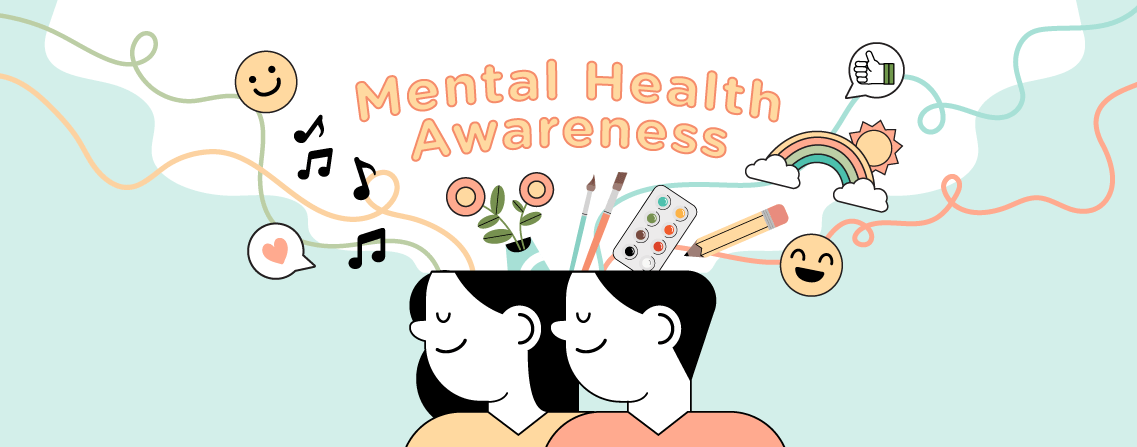How Think Together is Tackling Mental Health for All Youth
May is Mental Health Awareness Month, and a time when people around the world come together to raise awareness about mental health issues and the resources that are available for people to manage conditions.
According to the National Alliance on Mental Health,” 1 in 6 kids ages six to 17 in the U.S. experience a mental health disorder.” Depression is the condition most experienced by youth with roughly 11.5% of youth experiencing severe major depression and higher rates (16.5%) for children identifying as more than one race, according to a report from Mental Health America.
It is more important than ever that Social-Emotional Learning (SEL) lessons are taught in schools, and Trauma-Informed Care will help bridge the gap between living with a mental health condition and managing anxiety, depression, and loneliness. By prioritizing SEL, adolescents will learn tools to cope with stress, manage their emotions, create and reach goals, and participate in healthy behavior.
Think Together has made it a priority to implement social and emotional lessons into our curriculum to remind our students that there is support and help.
What Are We Teaching?
In addition to providing students with the academic support needed to be successful in their adult lives, Think Together serves as a safe place for students to feel a sense of belonging and explore themselves and the world around them.
Think Together is implementing the “Being My Best Self” lesson plan into our elementary grades, third to sixth grade, as part of our Before-School Program. This lesson teaches students how everyone connects through emotions, thoughts, and actions. Students are also taught strategies and use self-talk to develop a growth mindset.
Think Together curriculum partners Find Your Grind and Kinflow also offer Social Emotional Learning lessons through sports and through an educational online platform that allows students to engage in different lessons plans for all grade levels. Think Together also offers The Achievery for high school students. The Achievery is an educational online platform developed by AT&T into curriculum that has SEL lessons for mental health management as well.
It is programs such as these that keep mental health in our youth at the center of learning and a haven for students to rely on when they are having struggles mentally, academically, and emotionally.
Putting In the Work
Here are five ways you can easily manage stress in challenging situations:
Listen to music: If you’re feeling overwhelmed by a stressful situation, take a break and listen to relaxing or your favorite music. This will help lower cholesterol, high blood pressure, and the hormones linked to stress.
Talk it out with a friend: When you feel stressed, call a good friend, and discuss your problems. Another voice can help put things into perspective.
Eat Right: To improve our moods, we should eat healthier foods rather than sugary, fatty snack foods. Fruits, vegetables, and anything with high omega-3 acids, like fish, are better options.
Exercise (even for a minute): You don’t need to do anything extreme, but standing up to stretch or even going for a walk in the fresh air and sun not only gives us vitamin D but also improves our mood by releasing endorphins.
Seek therapy or resources: Sometimes, talking to a licensed professional can be a better option for getting your feelings off your chest and learning stress coping strategies that can be utilized in a stressful moment or episode.
Dealing with mental health challenges can make you feel lonely and isolated at times. However, some resources can help give you tools to manage these feelings. If you or someone you know is struggling with mental health issues, use these resources below to get the support needed.
HELP HOTLINES:
Mental Health Emergency Hotline: 988
National Alliance on Mental Health (NAMI): 1-800-950-NAMI or text ‘HELPLINE’ to 62640
National Suicide Prevention Lifeline: 1-800-273-TALK
Self-Harm Hotline: 1-800-366-8288



